MIXED COMPANY:
THREE EARLY JAMAICAN PLAYS
Edited by Yvonne Brewster
Maskarade by Sylvia WynterBedward by Louis MarriottThe Creatures by Cicely Waite-Smith
OBERON BOOKS
LONDON WWW.OBERONBOOKS.COM This collection first published in 2012 by Oberon Books Ltd 521 Caledonian Road, London N7 9RH Tel: +44 (0) 20 7607 3637 / Fax: +44 (0) 20 7607 3629 e-mail: www.oberonbooks.com This collection and editorial copyright Yvonne Brewster 2012
Maskarade copyright Sylvia Wynter 1970,
Bedward and Introduction to the play copyright Louis Marriott 1960, 2012,
The Creatures copyright Cicely Waite-Smith 1954. Introduction to
The Creatures copyright Honor Ford-Smith 2012. Sylvia Wynter. Louis Marriott and Cicely Waite-Smith are hereby identified as authors of these plays in accordance with section 77 of the Copyright, Designs and Patents Act 1988. The authors have asserted their moral rights. should be made before commencement of rehearsal to Oberon Books Ltd. should be made before commencement of rehearsal to Oberon Books Ltd.
No performance may be given unless a licence has been obtained, and no alterations may be made in the title or the text of the play without the authors prior written consent. You may not copy, store, distribute, transmit, reproduce or otherwise make available this publication (or any part of it) in any form, or binding or by any means (print, electronic, digital, optical, mechanical, photocopying, recording or otherwise), without the prior written permission of the publisher. Any person who does any unauthorized act in relation to this publication may be liable to criminal prosecution and civil claims for damages. A catalogue record for this book is available from the British Library. PB ISBN: 978-1-84943-216-0 EPUB ISBN: 978-1-84943-634-2 Cover image: Costume design by Ellen Cairns for Pitchie Patchie in Talawa Theatre Companys 1993 production of Maskarade directed by Yvonne Brewster. Printed and bound by CPI Group (UK) Ltd, Croydon, CR0 4YY.
Visit www.oberonbooks.com to read more about all our books and to buy them. You will also find features, author interviews and news of any author events, and you can sign up for e-newsletters so that youre always first to hear about our new releases.
Contents
Introduction
Yvonne Brewster I n 1935 Marcus Garvey migrated to London in the final chapter of his mission to emancipate the minds of black people everywhere. It was a time when native Jamaicans at home and abroad started dreaming of freedom from the yoke of British colonialism. The Great Depression between the two world wars had deepened the socio-economic misery that the masses still suffered a hundred years after the abolition of slavery. Trade unions emerged.
Industrial disputes sometimes degenerated into riots. Plans were made to establish a political movement designed to end an electoral franchise based on wealth, to extend the vote to all adult Jamaicans, and to achieve Jamaican self-government. In Britain, in 1938, an article in The Daily Telegraph read inter alia: A great deal is amiss with the economic and social conditions in Jamaica. The truth is that we are now reaping the harvest of a countrys neglect. The time has come when it is incumbent upon Britain to apply herself earnestly to the task of redressing the more fundamental causes of West Indian discontent. That was a comparatively mild rebuke.
Former British Prime Minister David Lloyd George, credited as the architect of the welfare state, had dubbed Jamaica and other British Caribbean colonies the slums of the Empire and British commentators repeatedly contrasted the appalling socio-economic conditions of the Caribbean colonies with the enormous wealth that had accumulated in Britain through the proceeds of West Indian slavery and colonialism. After a series of significant outbreaks of violence in Jamaica in mid-1938, in November of that year, a large West India Royal Commission from Britain toured Jamaica and other colonies for a close examination of social and economic conditions but also viewed the political landscape. The sympathetic demeanour of the Royal Commission, under the leadership of Lord Moyne, was encouraging, as was its report. The Colonial Office soon signalled its intent to move Jamaica forward, but the advancement schedule was bedevilled by the outbreak of the Second World War and the posting in Jamaica of a tough new Governor, Sir Arthur Richards, who was accused of conveniently using the war regulations to incarcerate and thus neutralise the most radical and progressive leaders of the new political movement which had been launched in September 1938, highlighting its demand for universal adult suffrage and constitutional progress toward self-government. Still, in late 1944, a new constitution took effect, inaugurating a governance structure described as semi-representative. The former unicameral Legislative Council, which included members elected under a severely limited franchise sharing law-making responsibility with ex-officio members and gubernatorial appointees, was then transformed into a totally nominated Upper House of a bicameral legislature.
The lower chamber was the new House of Representatives comprising 32 members elected in single-member constituencies under universal adult suffrage. An Executive Council was culled from this hybrid legislature, but real power remained in the hands of the appointees and the Governor held the highest trump. He could take exclusive control of any matter simply by declaring it one of paramount importance. The first step towards an independence-bound federation of the British Caribbean colonies was taken when the British Secretary of State for the Colonies, Arthur Creech Jones, joined delegates from West Indian countries in a Closer Association Conference in Montego Bay, Jamaica. The first Jamaican to be Chief Minister whilst Jamaica was still a Colony was Alexander Bustamante who held the post for two years (1953-1955) followed by his cousin Norman Manley (1955-1962). Jamaica became a member of the short-lived Federation of the West Indies 1958-1962.
Full independence from the United Kingdom was achieved on the 6th August 1962. The practice of theatre in Jamaica is nothing new. The first formal theatre was built as long ago as 1750. In fact there have existed no fewer than three large theatres in Kingston on the same site in downtown Kingston. The Ward Theatre designed by the Jamaican Rudolph Henriques, which replaced the second as the only surviving example of a Victorian cum Edwardian style theatre in Jamaica and the rest of the English-speaking Caribbean. It may be of interest to note here the Ward, with the exception of one or two details, is exceedingly similar to the Theatre Royal in Londons Stratford East (1844) designed by James George Buckle, with one important distinction: it is virtually twice the size of the London theatre which seats only 460 people on its three layers.
For nearly two centuries (1750-1941) these buildings provided a comfortable, even luxurious, Kingston venue for performances of plays and other entertainments. At first touring companies from the United Kingdom paid regular visits, the performances in these Theatre Royals were intended exclusively for those in high places (slave owners and the merchant classes, not slaves and the working classes) except, ironically, high up in the Gods where a certain amount of segregated seating was permitted until riots in 1815 put an end to that. In the early nineteen hundreds theatre companies from the United States of America considered a tour to Kingston as something to aim for. By the third and fourth decades of the twentieth century Jamaicans began to take part in this activity, culminating in the development of the annual Pantomime in around 1941, after which the flavour, text, and increasingly the subject matter represented more local concerns and flavour. The simmering hankering after the good old days of the foreign imports continued. George Bernard Shaw, whilst on a visit to Jamaica in 1911, sought to advise the locals on the wisdom of encouraging local writing and acting and warned that the consequence of continuing to regard foreign work in such a favourable light would be a Jamaican theatre which was vulgar and degraded.

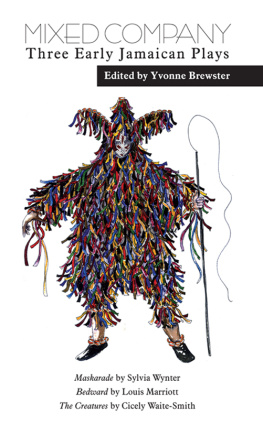
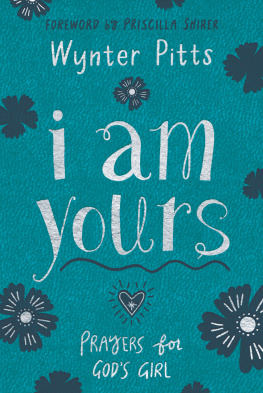

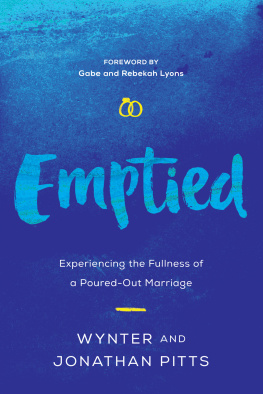



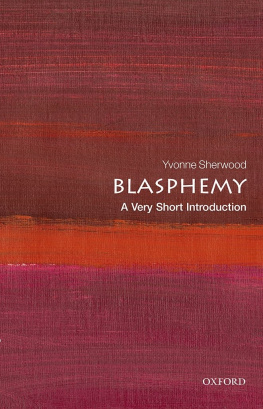
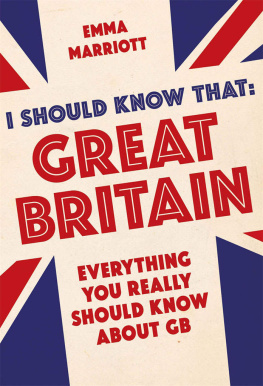
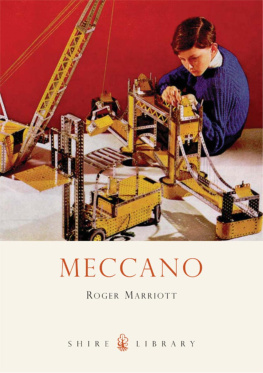
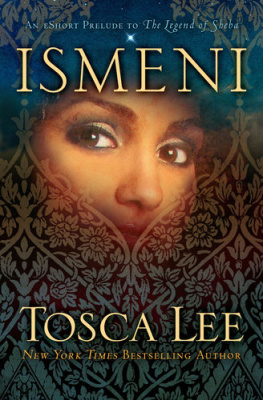


 OBERON BOOKS
OBERON BOOKS